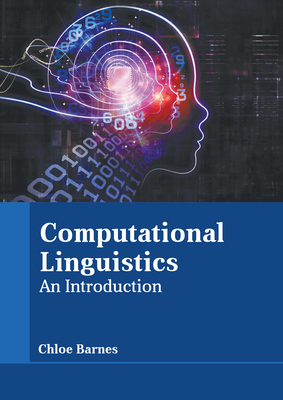Tractable Lexical-Functional Grammar
IF 5.3
2区 计算机科学
Q2 COMPUTER SCIENCE, ARTIFICIAL INTELLIGENCE
引用次数: 8
Abstract
The formalism for Lexical-Functional Grammar (LFG) was introduced in the 1980s as one of the first constraint-based grammatical formalisms for natural language. It has led to substantial contributions to the linguistic literature and to the construction of large-scale descriptions of particular languages. Investigations of its mathematical properties have shown that, without further restrictions, the recognition, emptiness, and generation problems are undecidable, and that they are intractable in the worst case even with commonly applied restrictions. However, grammars of real languages appear not to invoke the full expressive power of the formalism, as indicated by the fact that algorithms and implementations for recognition and generation have been developed that run—even for broad-coverage grammars—in typically polynomial time. This article formalizes some restrictions on the notation and its interpretation that are compatible with conventions and principles that have been implicit or informally stated in linguistic theory. We show that LFG grammars that respect these restrictions, while still suitable for the description of natural languages, are equivalent to linear context-free rewriting systems and allow for tractable computation.可牵引词汇功能语法
词汇功能语法形式主义(LFG)是20世纪80年代提出的第一个基于约束的自然语言语法形式主义。它对语言学文献和对特定语言的大规模描述的构建做出了重大贡献。对其数学性质的研究表明,在没有进一步限制的情况下,识别问题、空性问题和生成问题是不可确定的,即使在通常应用的限制下,它们在最坏的情况下也是难以解决的。然而,实际语言的语法似乎并没有调用形式主义的全部表达能力,这一点可以从以下事实中看出:用于识别和生成的算法和实现已经被开发出来,这些算法和实现通常在多项式时间内运行——甚至对于广泛覆盖的语法也是如此。本文形式化了对符号及其解释的一些限制,这些限制与语言理论中隐含或非正式陈述的惯例和原则相兼容。我们证明了尊重这些限制的LFG语法,虽然仍然适用于自然语言的描述,但等同于线性上下文无关的重写系统,并允许可处理的计算。
本文章由计算机程序翻译,如有差异,请以英文原文为准。
求助全文
约1分钟内获得全文
求助全文
来源期刊

Computational Linguistics
工程技术-计算机:跨学科应用
CiteScore
15.80
自引率
0.00%
发文量
45
审稿时长
>12 weeks
期刊介绍:
Computational Linguistics, the longest-running publication dedicated solely to the computational and mathematical aspects of language and the design of natural language processing systems, provides university and industry linguists, computational linguists, AI and machine learning researchers, cognitive scientists, speech specialists, and philosophers with the latest insights into the computational aspects of language research.
 求助内容:
求助内容: 应助结果提醒方式:
应助结果提醒方式:


